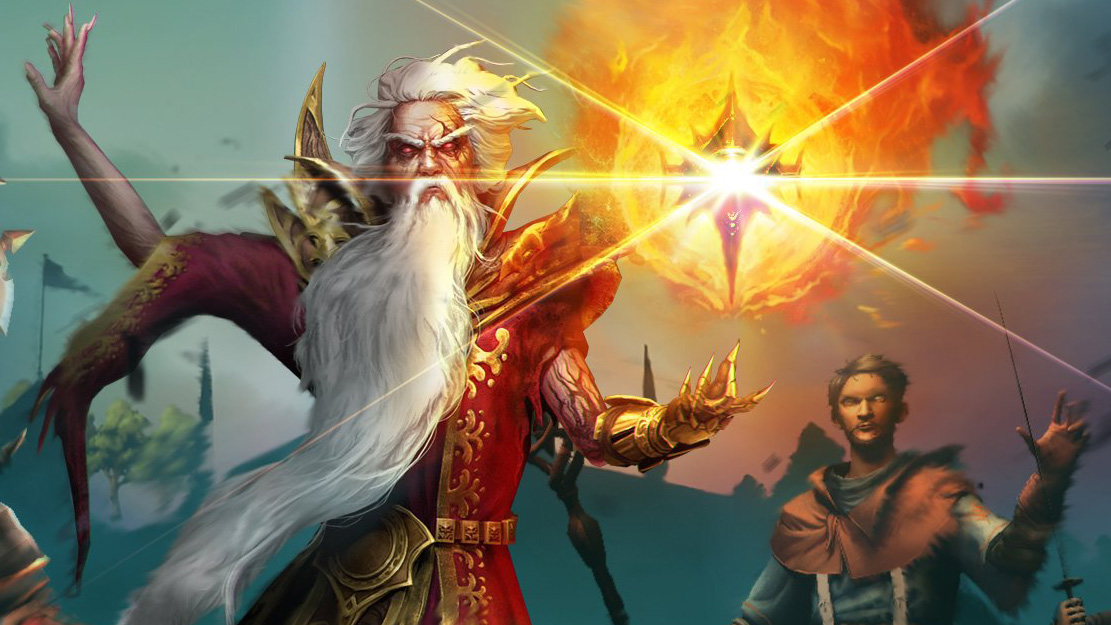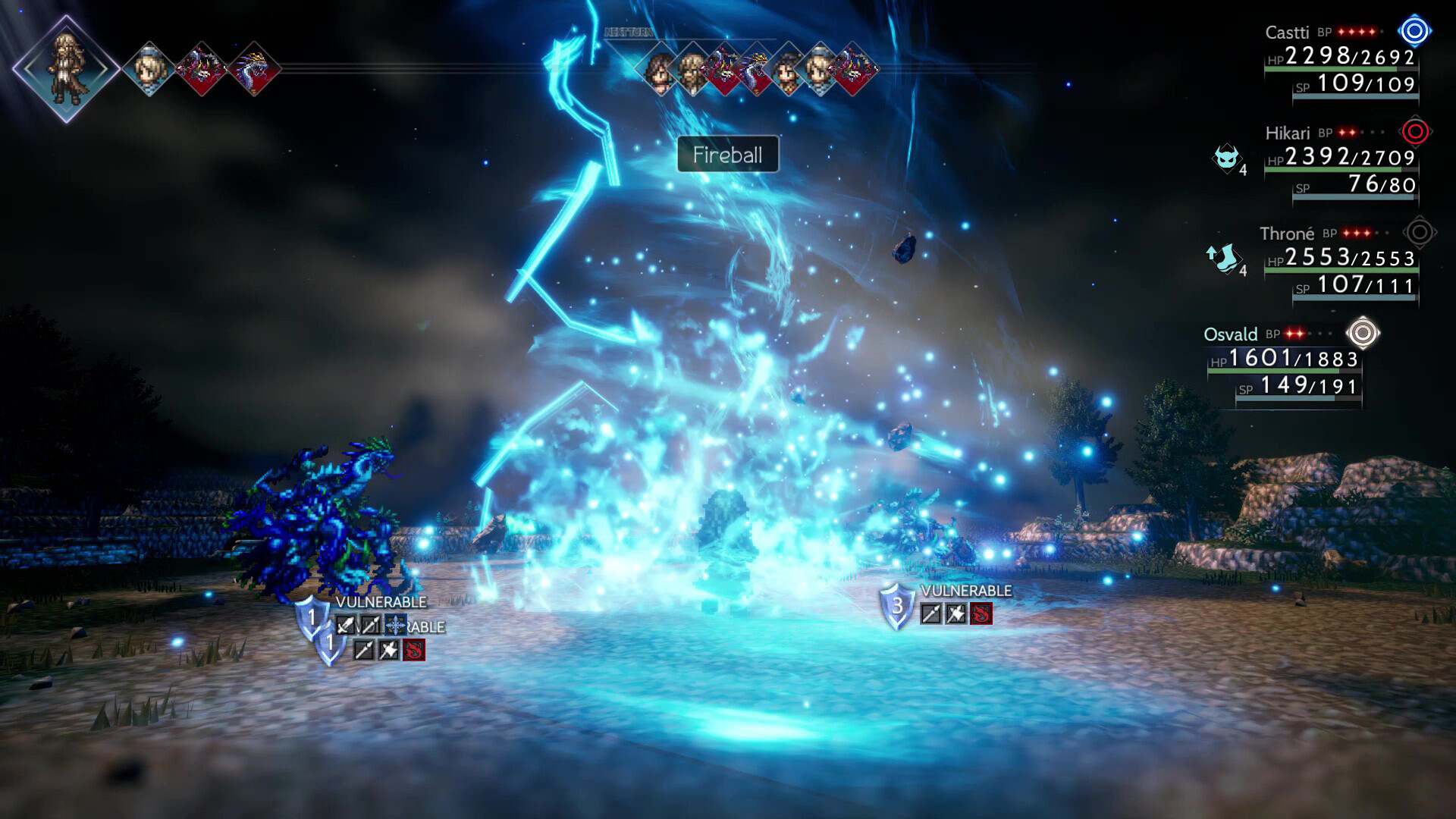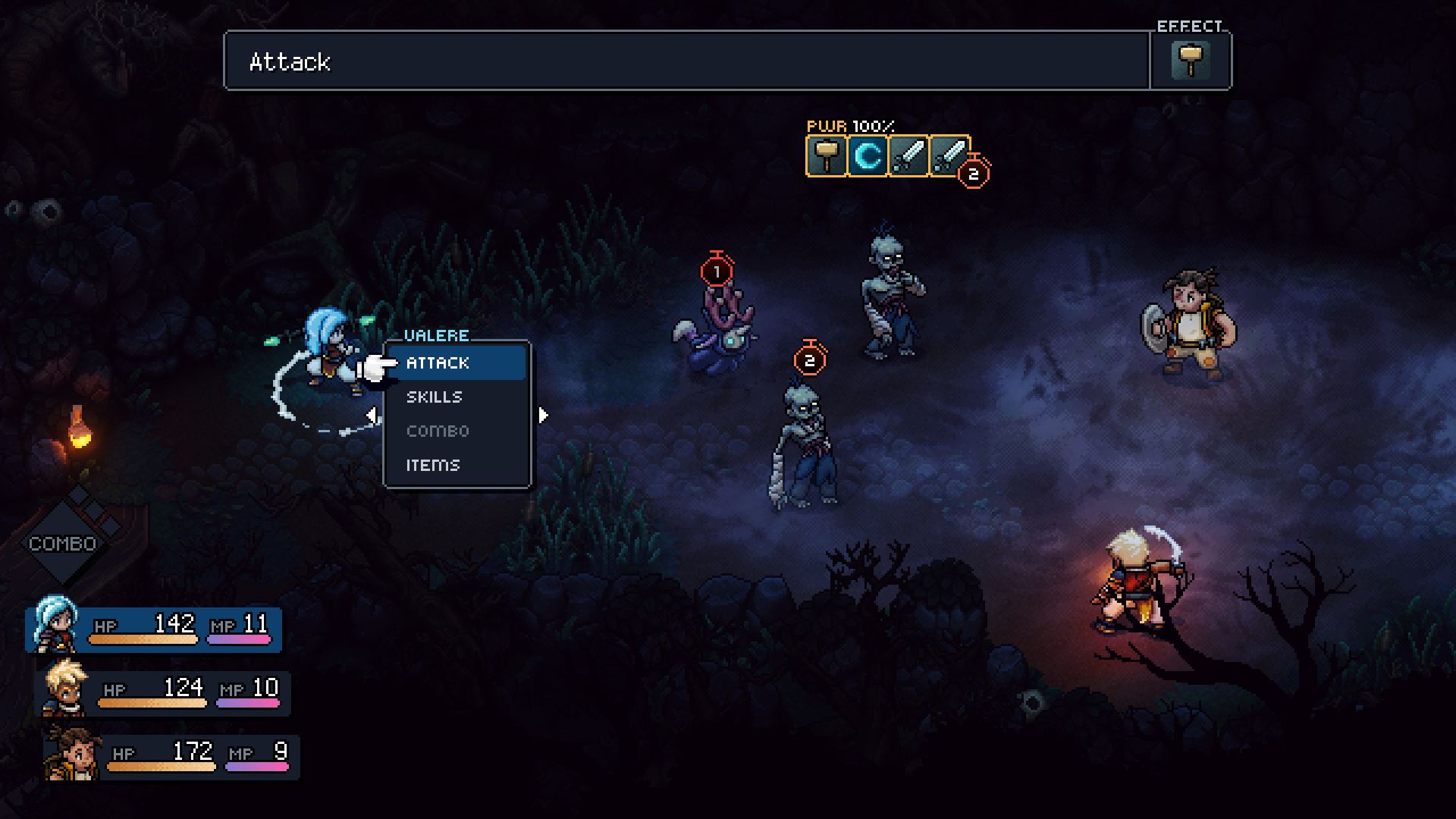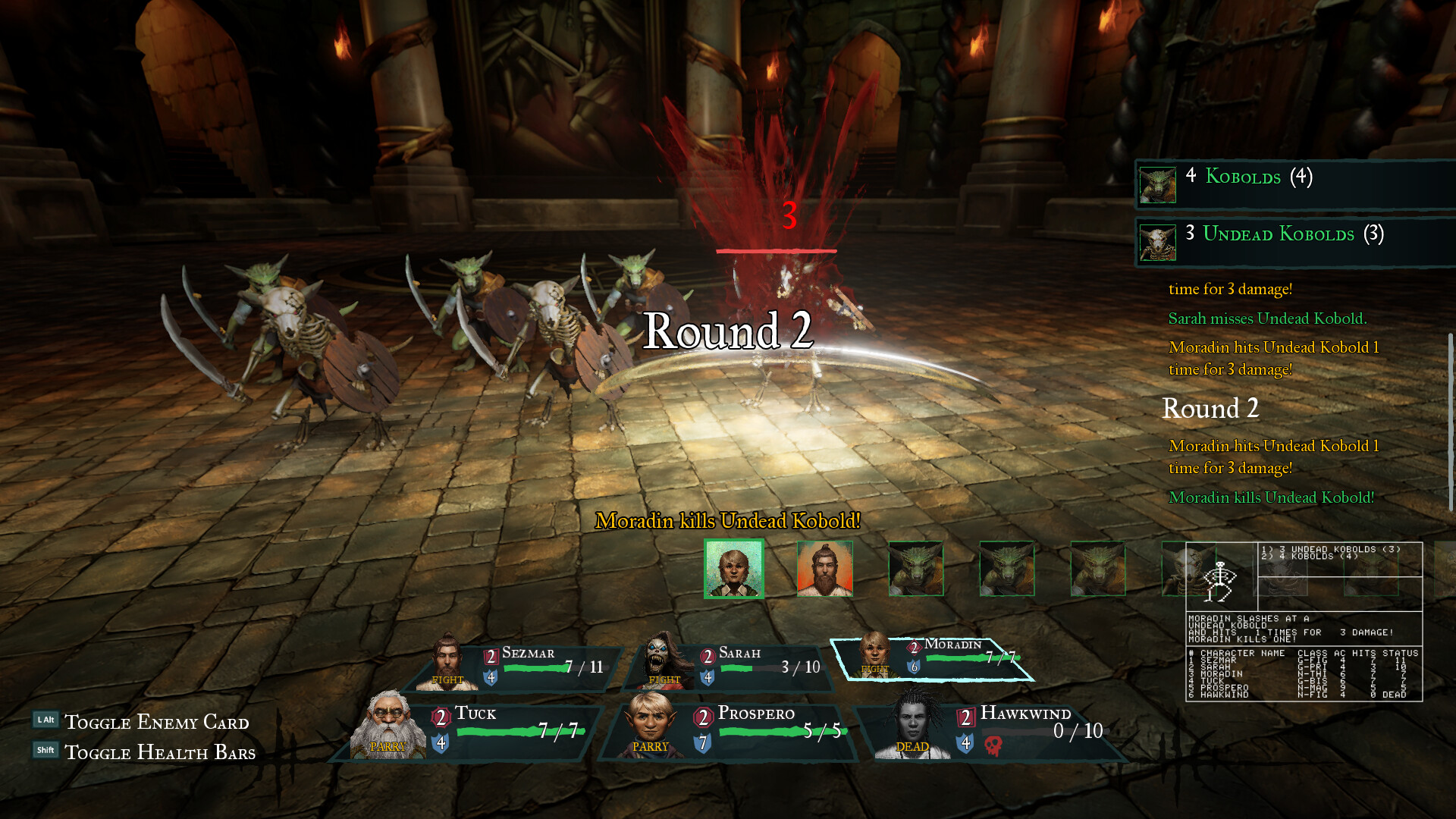
Between Baldur's Gate 3's reception deservedly snowballing into an award-sweeping phenomenon and Phantom Liberty bringing a fresh dose of sci-fi spying to Cyberpunk 2077, one of the oldest and often the very nerdiest gaming genres has had a truly impressive year. Whether your personal preference leans more towards swords and sorcery or hot hacking action, both games somehow make marrying immersive narratives with tech-pushing graphical splendour look easy. Either one could easily devour every last minute of someone's free time all by themselves…
Which is a bit of a problem, as even away from the triple-A spotlight RPGs have been having one of their best years ever.
2023 has seen the genre generously throw out delicious stat-filled treats in every obscure niche, while reminding us that great RPGs don't necessarily need to be industrial strength budget-busting attention hoovers to be worth dedicating our evenings and weekends to. There just aren't enough hours in the day to play them all.
It's odd that one of the big publishers of not-so-big RPGs this year was Square Enix, a company that's long made a habit of throwing Bahamut-sized bags of money at its flagship RPGs. Although us PC gamers may still be twiddling our thumbs and wondering where the heck Final Fantasy 16 is, the Japanese publisher has still given us a great range of smaller—but definitely not lesser—games to keep ourselves busy with. This year's selection actually reminded me of its unstoppable PlayStation days, back when for every chart-topping Final Fantasy there seemed to be something a little more unusual and interesting launching at the same time.
Between Octopath Traveller 2, Star Ocean Second Story R, and Live A Live, we've gotten three different modern takes on roleplaying's past, the first trying to bring an idealised slice of the '90s into the 21st century and the latter two bringing actual '90s games up to 2023 standards. They're all delivered via charming pixel art / 3D hybrid styles that evoke the days of battery saves and chunky cartridges without forgetting that those days happened almost three decades ago (I'm sorry for scaring you like that, fellow millennials).

Are all three of those games so unbelievably good they're must-have purchases for every single RPG fan out there? No, but that's part of their charm—and part of the reason this year's been such a strong one for PC-owning RPG players. Square Enix has carved out room for quite a bit of variety even within the "HD-2D" aesthetic.
As have plenty of other developers, from the most independent indies to established teams working on series that stretch back decades. The deliciously macabre Lunacid is just the thing for those times when a retro-horror King's Field-y shaped itch needs scratching, but the PlayStation-era 3D that's so enticing to me will be off-putting to others. Also not for everyone but no less amazing for it was Loop8, the sun-drenched spiritual sequel to cult post-apocalyptic PlayStation relationship 'em up Gunparade March. It's a game that allows teens, space teens, and gods to live, love, and drop dead in the face of towering monsters over and over again.
Anyone who enjoys a little strategy mixed in with their roleplaying had the painfully stylish Persona 5 Tactica as well as Disgaea 7, two opposite approaches to the strategy RPG. Tactica is trying to lure new players into the genre with characters they're already attached to, while Disgaea 7 is the latest in a number-crunching RPG series that has found its people and is more than happy to devote itself fully to them and only them, wider audiences be damned.

Sea of Stars focused on one very specific (and often hard to please) audience—Chrono Trigger lovers—and then spent an entire game dancing between playing up its nostalgic similarities to Squaresoft's classic and daring to surprise players with its own unique twists too.
A willingness to cater to smaller but arguably more dedicated audiences almost certainly helped bring a broad range of previously unavailable classics to our PCs over the past 12 months. Atlus' Etrian Odyssey series has finally been freed from its ageing DS shackles, giving fans of map-making dungeon crawling an entire trilogy's worth of beautiful games to sink their teeth into. Trails to Azure, a personal favourite in Falcom's long running-series of increasingly lengthy RPGs, finally saw the light of day in English, as did Nippon Ichi's previously Japan-only PlayStation/PlayStation 2 RPGs Rhapsody 2 and 3. Not so long ago it would have felt ridiculous to even hope any of those games would ever turn up on Steam, and now they're just one part of a whole range of fantastic RPGs waiting to be installed.
As welcome and unlikely as the shock appearances of those games are, no RPG re-reveal this year has felt quite as monumental as Digital Eclipse's early access release of Wizardry: Proving Grounds of the Mad Overlord. Before 2023 one of the most important RPGs ever created had effectively been lost to time, trapped on old floppy discs and Wizardry compilation CDs that have been resold on Ebay for longer than they ever sat on shop shelves. Now though? It's available for everyone, it doesn't cost the earth, and this remade legend from the ancient past (aka "1981") has found an effective balance between monochrome authenticity and basic respect for people's eyeballs.

Somehow it wasn't the only Wizardry competing for our time this year either. 2006's Japanese-developed dungeon crawler Wizardry: The Five Ordeals made its English v1.0 debut in October, bringing with it a fresh set of labyrinths, that famously unforgiving difficulty, and an excellent moody soundtrack chiefly composed by Basiscape's Masaharu Iwata. (If your musical tastes are refined enough to think that name sounds familiar, it's because their music has graced the likes of Tactics Ogre, Final Fantasy XII, and many more sweeping RPG epics—the perfect fit for a gruelling adventure through the dark).
Whether we're hoping to bask in the genre's bright future or want nothing more than to gaze wistfully at its past, we've rarely had the sheer quality and quantity to choose from that 2023 has brought us. And as pleased and grateful as I am to see developers and publishers, established and otherwise, going to sometimes extraordinary lengths to bring us these games, I think those of us sitting on the other side of the RPG fence deserve a little pat on the back for this happy situation too. Not every game needs to hit #1 in the charts to be considered a commercial success, but it does need to sell to an interested group of someones, and I think it reflects well on RPG players' broad tastes and buying habits to see PC gaming actively supporting such a rich variety of RPGs, from glossy headliners to indie obscurities.
So let's keep it up, and make sure the biggest problem we ever have is wondering how on earth we're going to find the time to play them all. I don't know how 2024's going to top this, but I can't wait to see it try.







